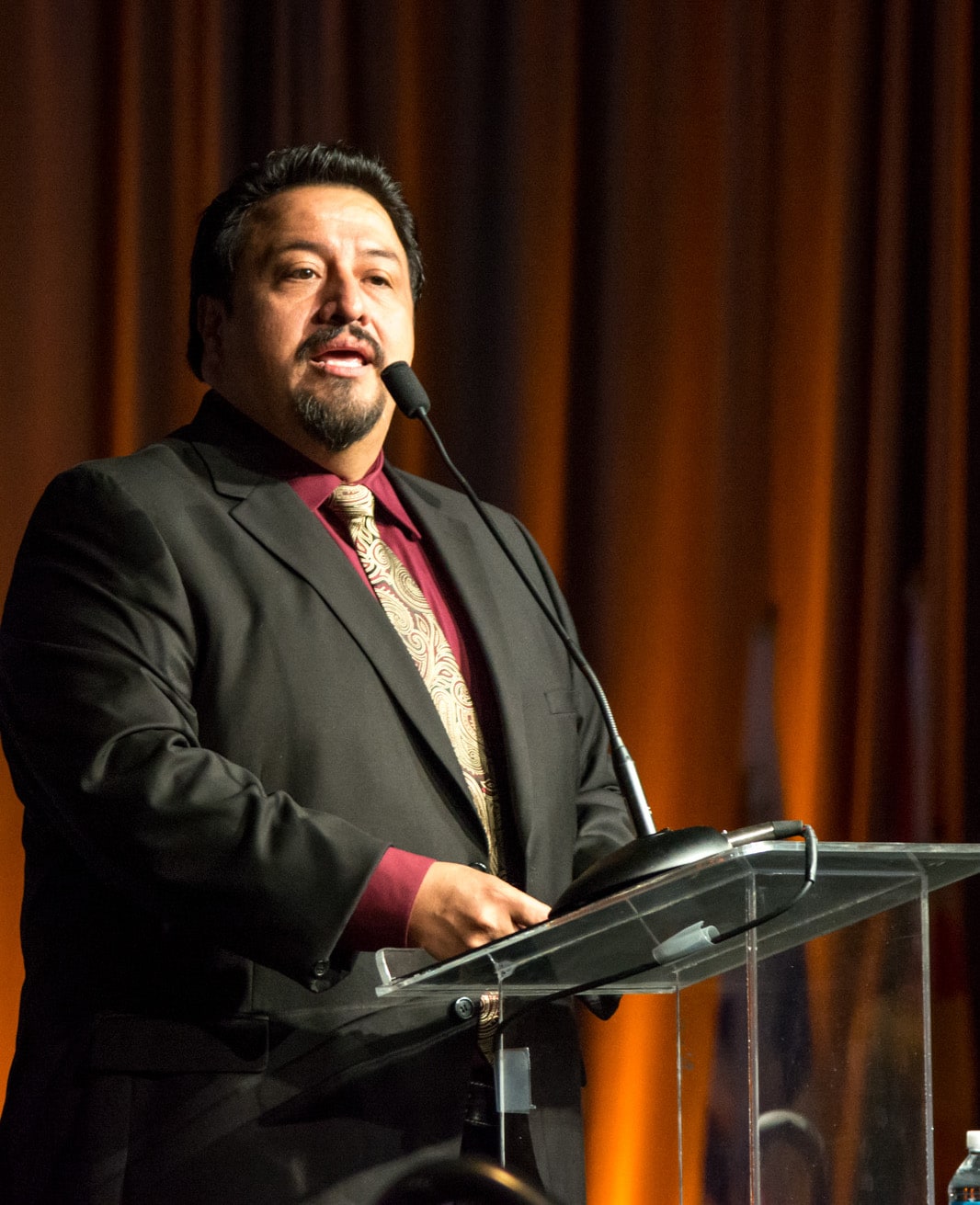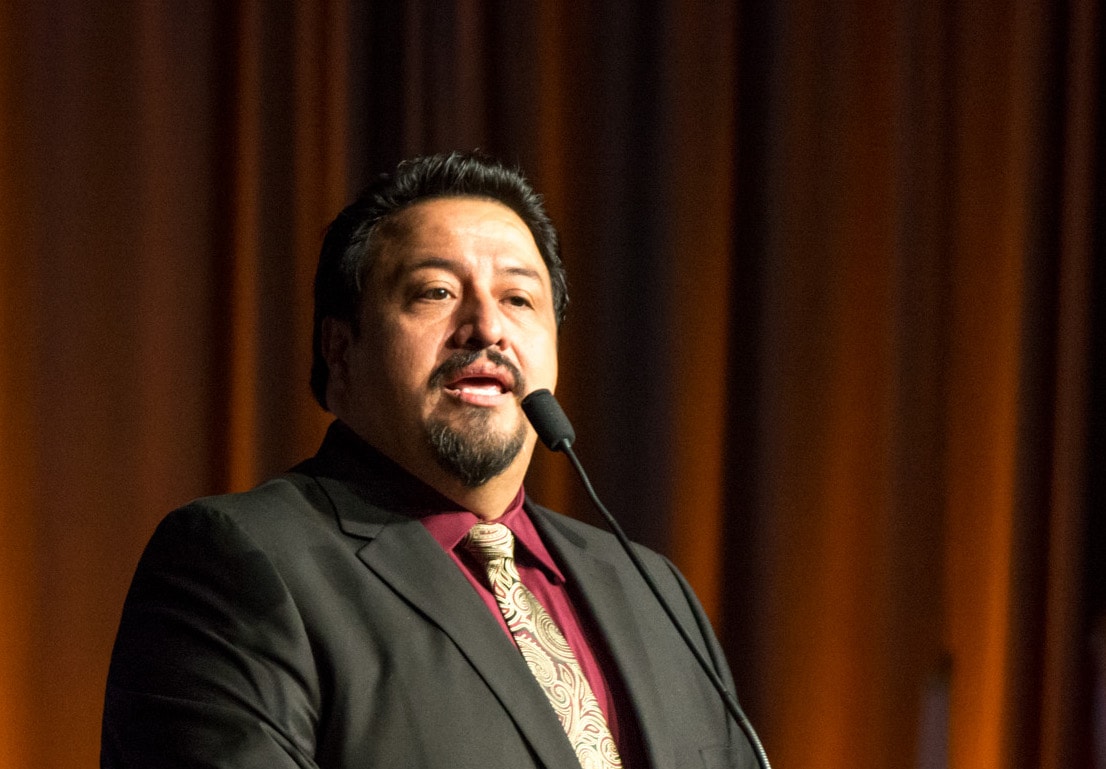
CHICAGO, IL (September 6, 2017) – Covenanters who are DACA recipients says they are feeling a gamut of emotions—from anger, resignation, disappointment, and fear, to hope and trust in God’s faithfulness—following President Trump’s decision on Tuesday to rescind the program.
DACA stands for the Deferred Action for Childhood Arrivals. Through the program nearly 800,000 immigrants, often referred to as Dreamers, have avoided deportation. DACA granted minors a two-year reprieve that could be extended by issuing them a work permit and Social Security number. It does not provide a path to citizenship.
Most DACA recipients arrived in the U.S. when they were small children. Some parents brought them to the United States illegally while other parents overstayed their visas. Many DACA recipients have no memory of their home countries.
One recipient, whose parents brought him to the United States from Guatemala when he was six years old, said he has never had any connection with his country of origin. He felt betrayed by the President’s announcement.
“I fly the American flag every Fourth of July, I work hard, I pay my taxes. I have more connections with the United States than I do Guatemala,” said the recipient, who also is a North Park University graduate working in finance.
The decision did not take him by surprise, however. “I knew it was coming,” he said. “I don’t know what to do now though. I’m sort of resigned to it.”
He added that he probably would not take off work to join protests. “I’m not sure what good that would do. And I’ll also need friends at my job in the future.”
Covenant leaders and others who work with DACA recipients said they have been receiving many calls. “There is massive fear now on the part of parents about their kids,” said Danny Martinez, Central Conference superintendent.
Michael Jordan, pastor of La Viña Covenant Church in Kerman, California, said one of his church members is a DACA recipient. “I fully understand why people are afraid and upset, but we also are trusting in God and trying to be hopeful,” Jordan said.
Several DACA recipients said they are angry at the way they have been portrayed. “To lump us in with rapists and murderers is wrong, and it’s racist,” said one. To be eligible for the program, DACA recipients must have no criminal record and be able prove that they were brought to the U.S. before they turned 16. They also have to be under the age of 31.
Martinez said Love Ministry Do Justice and the Ministry of Hispanic Covenant Churches in the United States (MHIPE) are working together to provide resources to help pastors and churches determine how to respond. The Covenant has roughly 70 Hispanic churches, and many of those pastors and local church leaders are DACA recipients or have family members who have been able to stay in the country through the program.
Abby Conger, executive director of Open Door Immigration Services (ODIS), a nonprofit ministry of Highrock North Shore Covenant Church in Salem, Massachusetts, said the situation is “sad and depressing. I don’t even really know how to react.”
ODIS is accredited by the Department of Justice and helps immigrants with a variety of legal issues. For Conger, there also are pangs of guilt.
“We and a lot of legal services like ours advocated for DACA and encouraged a lot of people to apply,” Conger said. “It seemed like a great opportunity for people to gain some sort of legal status, some protection from deportation. Now these people that we encouraged to apply and gave hope to are in a really tenuous situation. The government has their information. Many are probably wishing they had never applied in the first place.”
Trump has called on Congress to pass a new law to help the Dreamers before the order goes into effect in six months.














